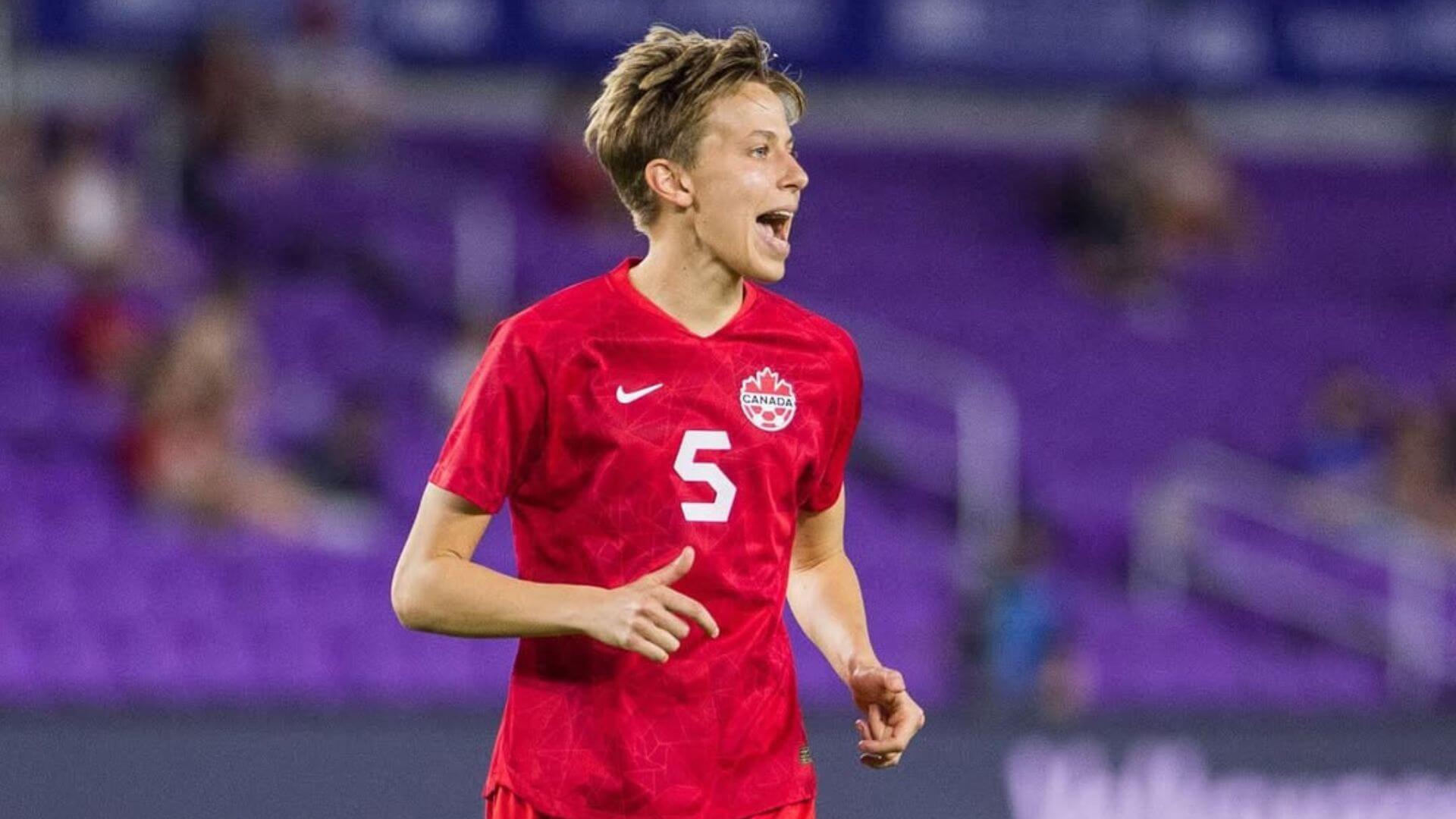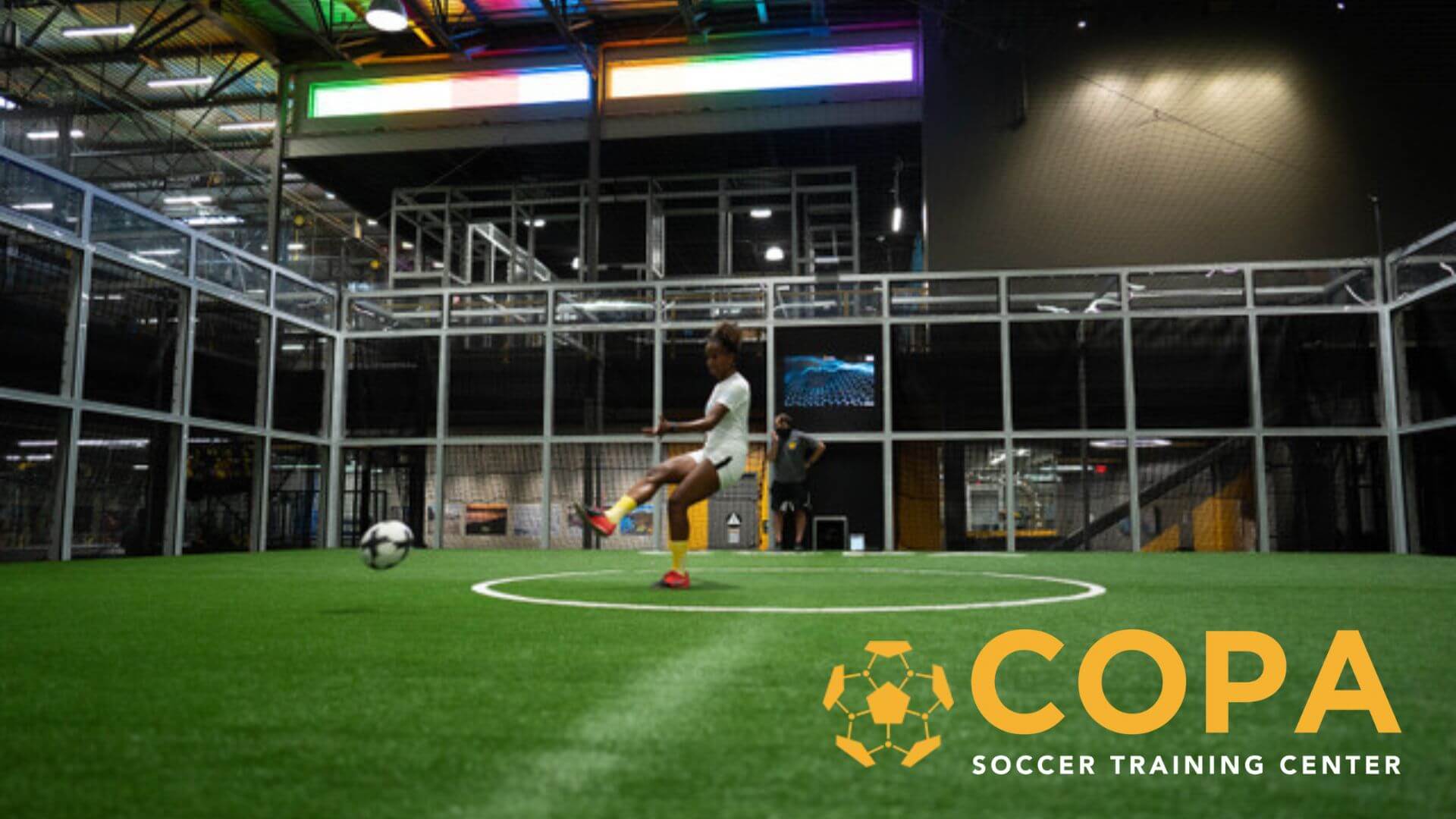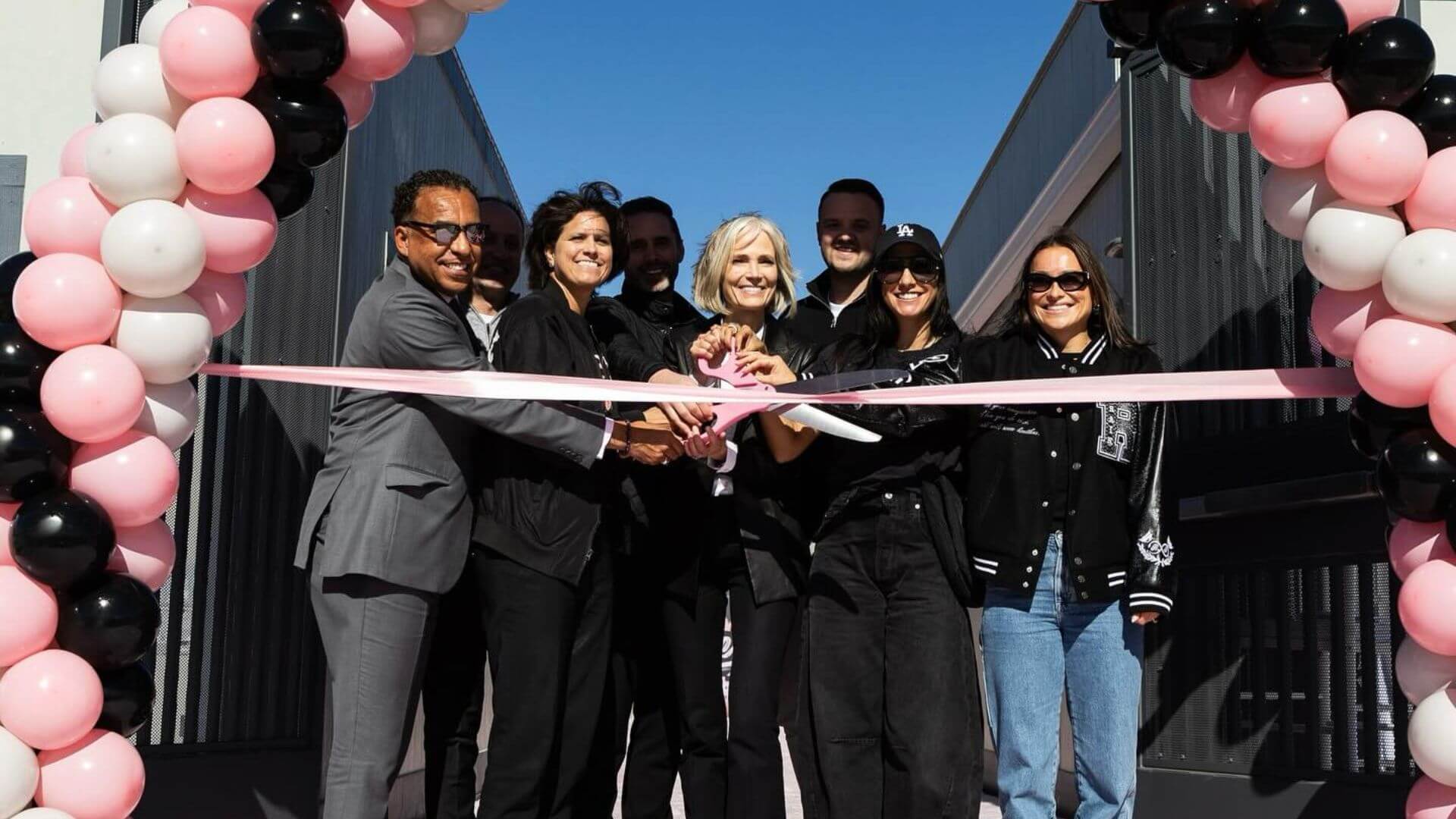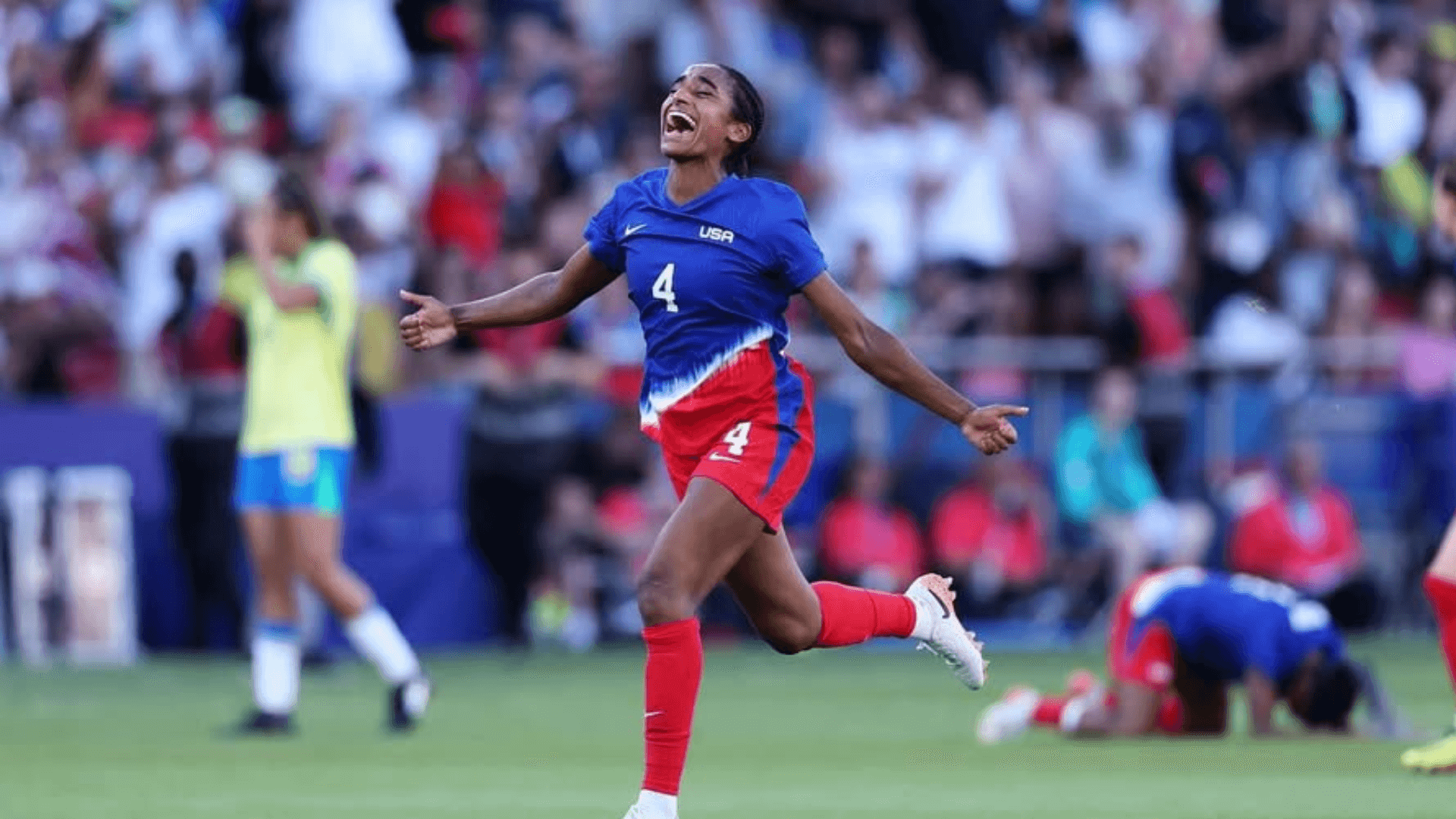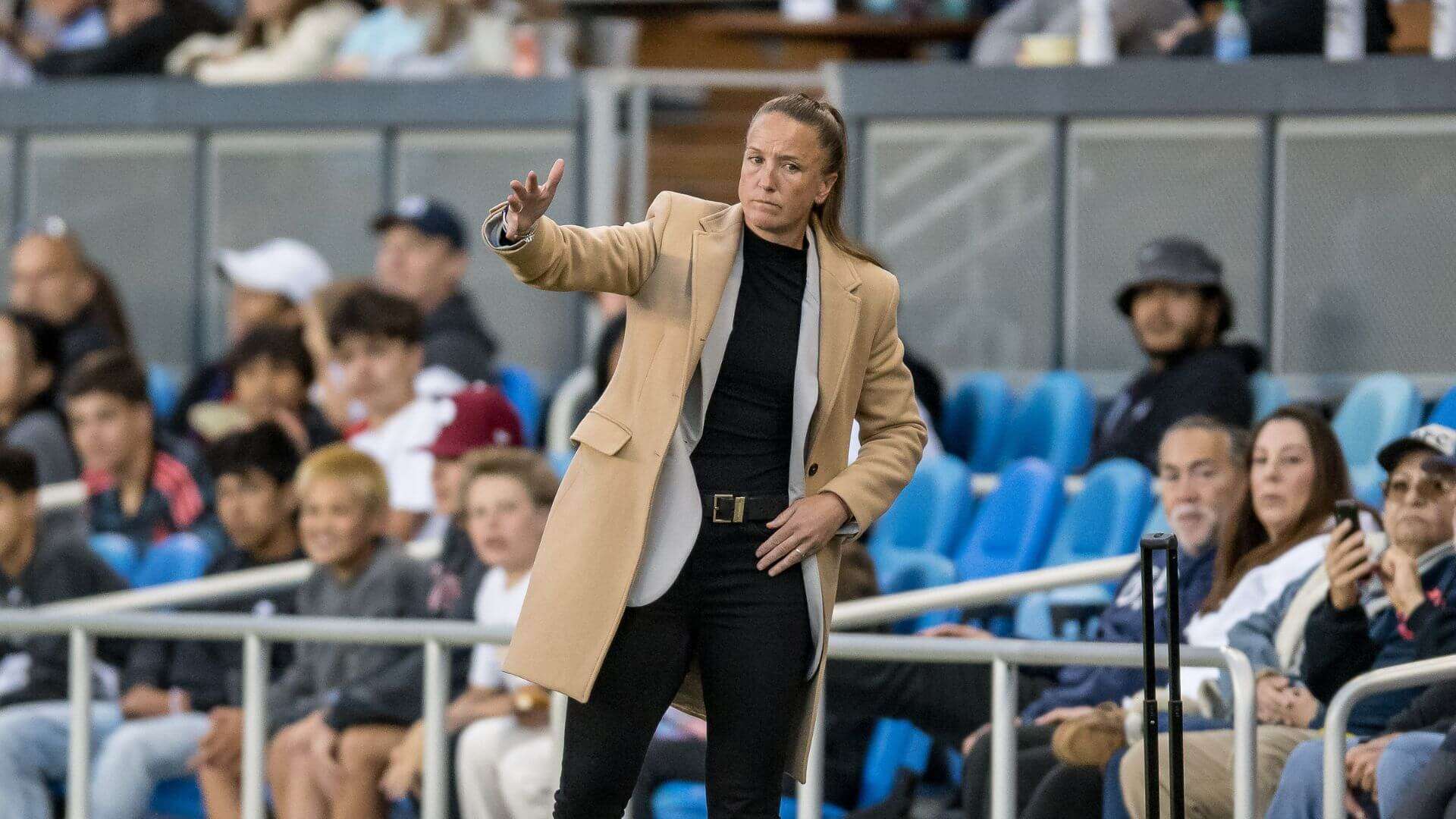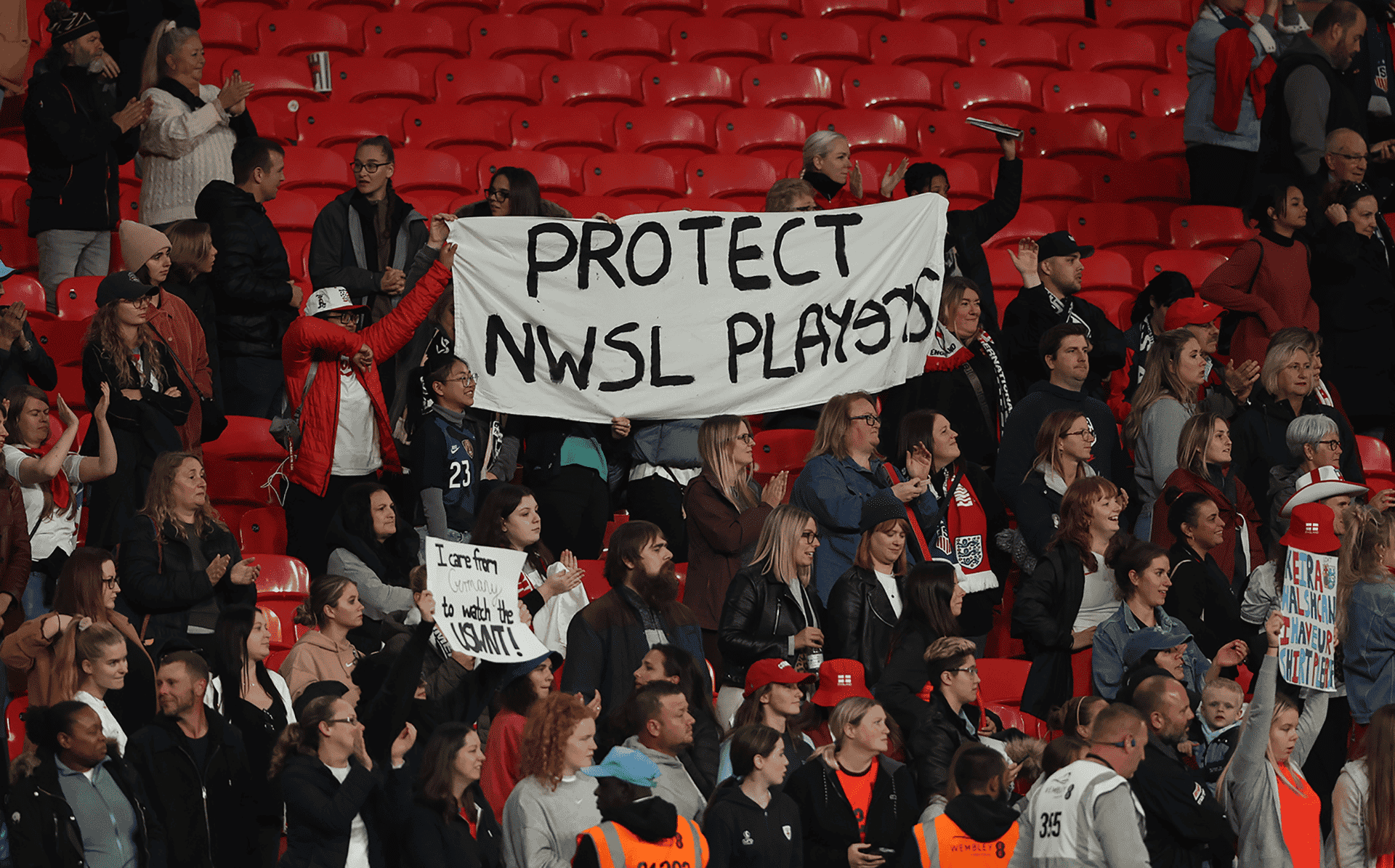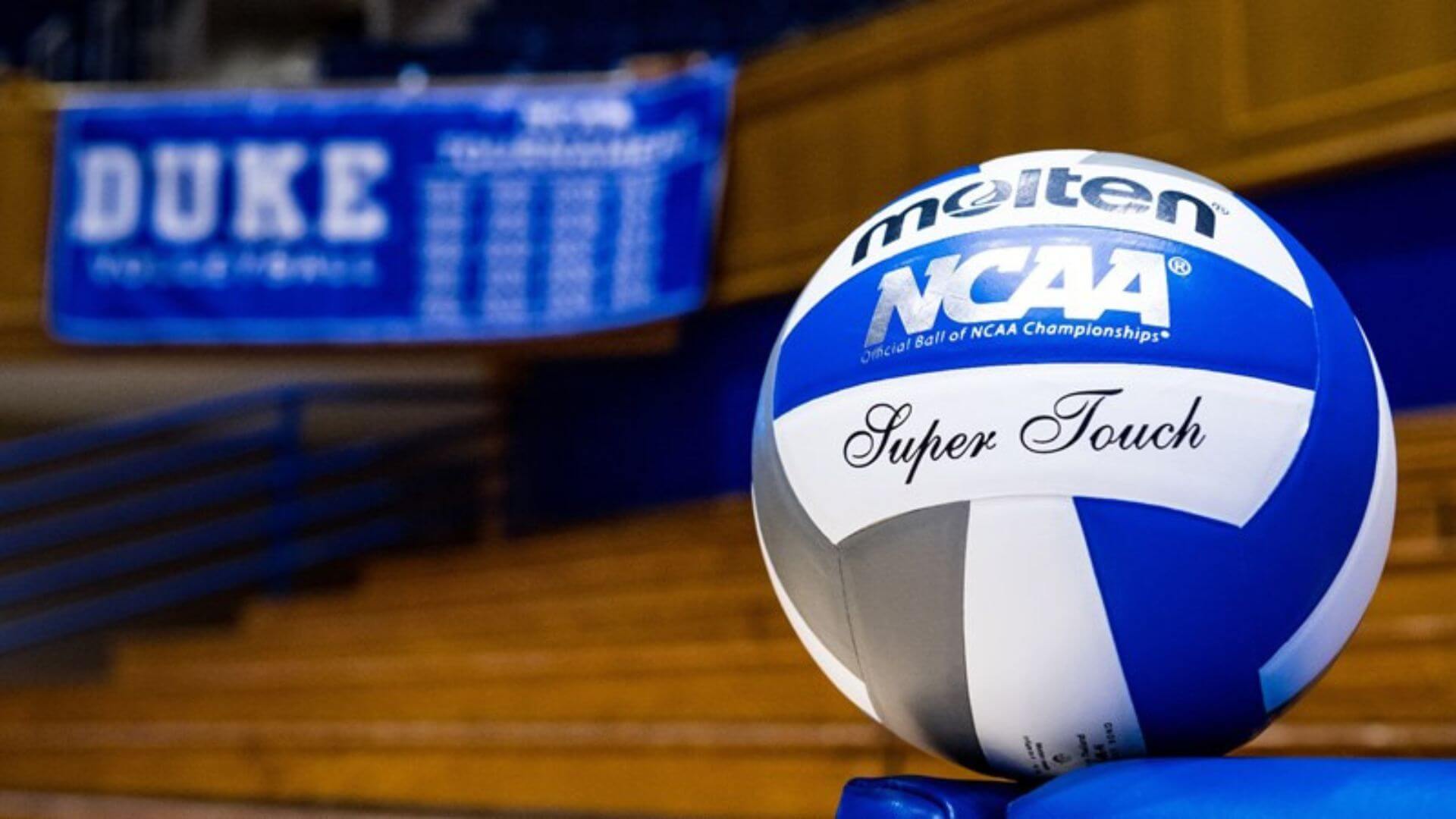A Closer Look: Athletic Programs at Historically Black Colleges
This page provides a comprehensive resource of HBCU athletic programs. The first HBCU article on Girls Soccer Network was so successful, that I wanted to do a follow up for my website, College Athletic Advisor and share this with GSN.
The opportunity to study and compete at an HBCU is an invitation to join the incredibly rich athletic tradition central to the culture of these schools for the past century! From the football “classics” that have drawn millions of fans dating back to the 1920’s to rivalries like the “Battle of the Firsts” between Cheyney (PA) State and Lincoln (PA) University, or the “BoomBox Classic” between Southern University and Jackson State, competing at an HBCU means participating in historically significant competitions central to the identities of these schools and communities.
There are 5 traditional HBCU conferences. In Division 1, the SWAC is original article. Along with the Ivy and the MEAC, its teams do not compete in the NCAA Football Championship, rather the East and West Divisions play for an opportunity to face the MEAC Champion in the Celebration Bowl. The SWAC’s membership is entirely made up of southern public institutions.
The MEAC encompasses Division 1 HBCU’s along the eastern seaboard, from Delaware to South Carolina, including Howard University in Washington, D.C. One of its biggest rivalries is outside the conference now, the “Real HU” competition between Howard and Hampton University (Hampton left the MEAC and is a member of the Big South Conference) continues to be one of the social events of year, even when both teams are struggling on the field.
The CIAA is the oldest HBCU circuit and competes in Division 2. Its men’s basketball conference tournament draws over 100,000 fans annually and is the biggest single event held in Charlotte, NC each year (although it is relocating to Baltimore in search of an even bigger platform beginning in 2022). The SIAC is the CIAA’s long standing southern rival and traditionally leads NCAA Division 2 in football attendance. In the NAIA, the GCAC is the only all-HBCU conference, although the Red River Athletic Conference is home to several former SWAC institutions.
Historically Black Colleges and Women’s Soccer
Women’s soccer’s adoption among HBCU’s has mirrored the growth of the game in the black community. The inaugural SWAC women’s soccer championship was contested in 2003, and it remains the only HBCU women’s soccer conference at any level. In Division 2, the SIAC has added 3 programs in the past 3 years, still short of the six required for an automatic bid. At the NAIA level several programs have a longer history of competition in PWI conferences.
Even though HBCU women’s soccer programs are young and building, there is enough history to highlight some that provide outstanding opportunities for student-athletes to compete as part of the tapestry of HBCU athletics.
Division 1:
Howard University (moving to the NEC for 2022)
Coach: Brett Leiba (11 years, 2 NCAA tournament appearances)
The Bison have the richest soccer history of any HBCU, having won a pair of NCAA Championships on the men’s side (one was controversially vacated, but the 1974 banner stands) under the legendary Lincoln Phillips. Coach Leiba has assembled a strong program that will be tested as the Bison move from a geographically challenging period as an affiliate member in the SWAC to competing in the Northeast Conference.
Alabama A&M (SWAC)
Coach: Emmanuel Stephens (4th year)
The Bulldogs historically struggled, but as Coach Stephens has established himself, they have been increasingly successful, including a 4-game winning streak this spring. As the program has strengthened, its roster has solidified, and it provides an exciting opportunity for student-athletes to grow along with a Division 1 program that is developing talent and providing positive experiences to student-athletes.
Division 2:
Edward Waters (FL) College (SIAC)
Coach: Stephen Peck (1st year)
Full disclosure: I can recommend Coach Peck because I worked on staff with him both at Culver-Stockton (MO) College and Oakland City (IN) University. Watching him transition to the women’s game and establish himself at Edward Waters, where he took the reins of a 1st year program mid-season is exciting for me personally. If you are looking for a Division 2 HBCU program where you will grow as a player and be supported as a student, this may be the best opportunity in the nation!
West Virginia State University (MEC)
Lisa Mann (2nd year)
The Yellowjackets are another emerging D2 program and have garnered some early success in the very competitive Mountain East Conference. The former Martin Methodist standout has quickly built a program with a strong international flavor.
NAIA:
Harris-Stowe State University (AMC)
Coach: Scott Vorwold (7th year)
After over a decade of struggle on the field and constant coaching changes off it, Scot Vorwold took over the Hornets soccer program in 2014 and within a year had the team on a positive path. Under his leadership, Harris-Stowe has become a fixture in the top half of the highly competitive American Midwest Conference and at the top of the Harris-Stowe dean’s list, producing consecutive valedictorians!




